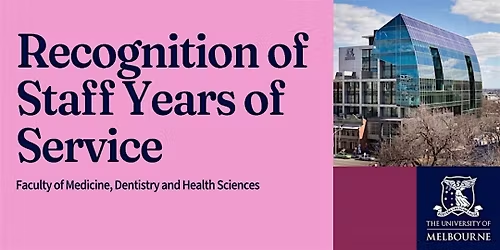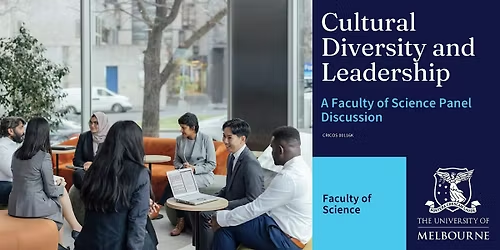
About this Event
Abstract
A common model of AI suggests that there is a single measure of intelligence, often called AGI, and that AI systems are agents who can possess more or less of this intelligence. Cognitive science, in contrast, suggests that there are multiple forms of intelligence and that these intelligences trade-off against each other and have a distinctive developmental profile and evolutionary history.
Exploitation, the pursuit of goals, resources and utilities, is characteristic of adult cognition. Alison argues however, that two very different kinds of cognition characterize childhood and elderhood. Childhood is characterized by exploration. In particular, children seek out information about the world. However, forgoing reward for exploration requires support and nurturance from others – it requires care and teaching. Care and teaching are particularly characteristic of elders and the intelligence of care has a distinctive structure – it involves empowering others – giving them the resources they need to be effective.
The combination of these different kinds of intelligence across the course of a life explains human success, and this has important implications for AI.
About the speaker
Alison Gopnik is professor of psychology and affiliate professor of philosophy at the University of California at Berkeley, and a member of the Berkeley AI Research Group. She received her BA from McGill University and her PhD from Oxford University. She is a leader in cognitive science, particularly the study of learning and development. She was a founder of the field of “theory of mind”, an originator of the “theory theory” of cognitive development, and the first to apply Bayesian models to children’s learning. She has received the APS Lifetime Achievement, Cattell, and William James Awards, the SRCD Lifetime Achievement Award, the APA Distinguished Scientific Contributions Award, the Bradford Washburn and Carl Sagan Awards for Science Communication, and the Rumelhart Prize for Theoretical Foundations of Cognitive Science. She is a member of the National Academy of Sciences and the American Academy of Arts and Sciences and a Cognitive Science Society, American Association for the Advancement of Science, and Guggenheim Fellow. She was 2022-23 President of the Association for Psychological Science. She has six grandchildren.
She is the author of over 160 journal articles and several books including the bestselling and critically acclaimed popular books The Scientist in the Crib, 1999, The Philosophical Baby, 2009, and The Gardener and the Carpenter, 2016. She has written widely about cognitive science and psychology for The Wall Street Journal, The New York Times, The Economist, and The Atlantic, among others. Her TED talk has been viewed more than 5.6 million times. She has frequently appeared on TV, radio, and podcasts including “The Charlie Rose Show”, “The Colbert Report”, and “The Ezra Klein Show”.
About the Pip Pattison Oration
The Pip Pattison Oration is named after Professor Pip Pattison AO, a quantitative psychologist who pioneered the use of mathematical and statistical models for social networks and network processes. Pip became a lecturer in the University of Melbourne's Department of Psychology in 1977 while she was completing her PhD, and later held many leadership roles including President of the Academic Board, Pro Vice-Chancellor (Learning and Teaching) and Deputy Vice-Chancellor (Academic). Most importantly Pip has had an enormously positive influence upon her colleagues and students throughout her career and is without question one of the most respected and most loved psychologists, mathematical or otherwise. Pip is known for making her niche area of mathematical psychology relevant to many outside the field who previously didn’t even know it existed. Speakers invited to deliver an oration are chosen with this broad appeal in mind.
Register to attend in person at the . The oration will be 50 minutes followed by Q & A, networking and light refreshments.
A recording of the talk will be made available after the event on the Complex Human Data Hub YouTube.
If you have any questions about this event please email [email protected]
Event Venue & Nearby Stays
Forum Theatre, Level 1, Arts West - North Wing (Building 148A), Royal Parade, Parkville, Australia
AUD 0.00







